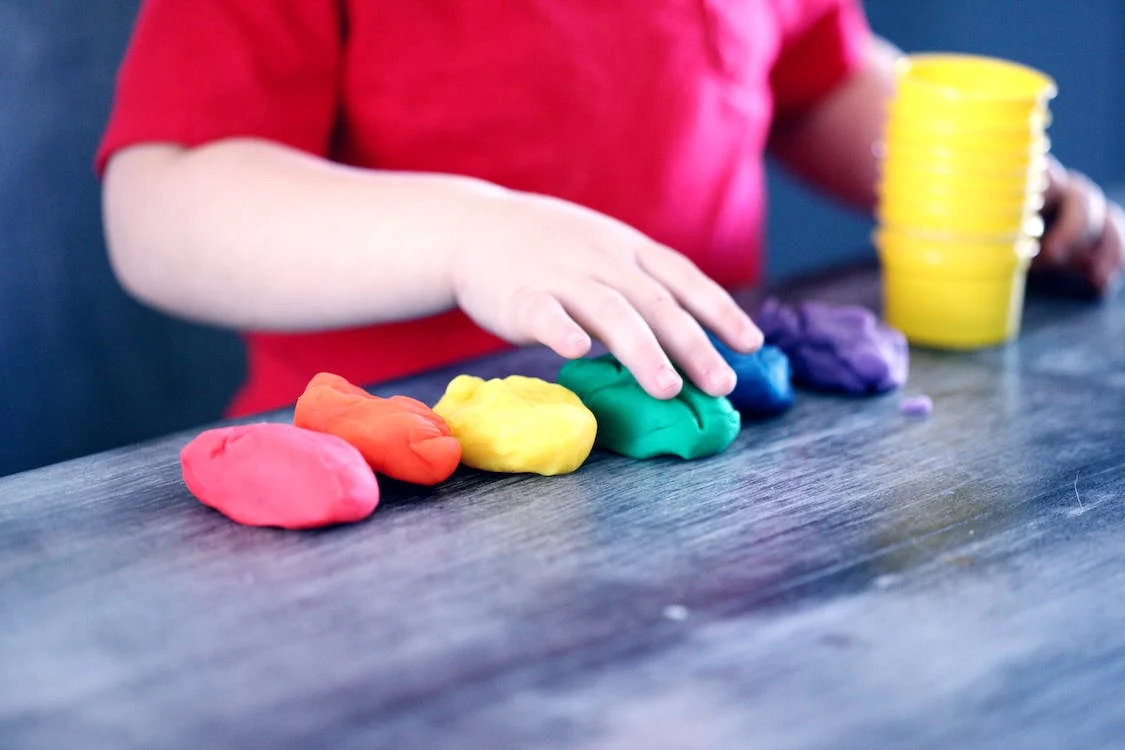The big question on many parents’ minds is when to start their child in daycare. There are a variety of opinions out there, with some people saying 12 months is the right age and others saying that three years old is the best time to start. So what’s the answer? It depends on your child! This blog post will discuss the signs that your child is ready for daycare and examine some of the risks associated with starting too early or too late. Keep reading for more information!
Assessing Your Baby’s Readiness for Daycare:
It is essential to consider if your child is developmentally ready for daycare before enrolling them. 12-18 months of age is the optimal time for a baby to begin attending daycare, as this allows them ample opportunity to grow socially and emotionally in relation to their environment. Some signs that may indicate readiness include spending extended periods away from parents, enjoying playing with other children and caregivers, regular sleep and eating habits, communicating needs and feelings verbally or nonverbally, and exhibiting curiosity in new activities or environments.
The Risk of Starting Daycare Too Early:
Placing babies younger than 12 months in daycare can put them at risk of not getting enough individualized attention or having the opportunity to bond with caregivers. Additionally, infants placed in daycare too early may be exposed to germs which could lead to an increased chance of frequent illnesses. Finally, younger babies need more time for sleep and naps throughout the day, and placing them in daycare before they are developmentally ready can disrupt their natural biological rhythms.
Benefits of Starting Daycare at the Right Age:
When your baby is ready for daycare, there are several advantages, such as the WannaPlay Playcare socialization program, which helps children become comfortable interacting with others and playing cooperatively. Furthermore, WannaPlay Playcare’s curriculum offers a variety of activities that help children learn problem-solving and creativity, as well as develop cognitive skills. Finally, your baby will benefit from daycare by exploring their environment, building relationships with other children, and gaining valuable life experiences.
Ways to Prepare Young Children for Daycare Adjustment:
Before enrolling your child in daycare, it is crucial to do some preparation to foster successful adjustment. Introducing them gradually to the new environment can help ease transition anxiety. Additionally, parents should establish regular routines and rules around eating, sleeping, and playing at home so that these habits can be continued throughout the day at daycare. Finally, talking with your child about their experiences and feelings can be beneficial in helping them understand the changes taking place.
Tips for Choosing the Right Daycare Provider:
When selecting a daycare provider, parents should consider several factors, such as location, cost, and availability of programs. Additionally, scheduling tours of different facilities is vital so you can see first-hand how each one operates. It would be best if you also inquired about staff qualifications, safety measures taken at the facility, staff-to-child ratio, whether they follow any sort of curriculum like the one from Age of Learning, and any additional activities or services provided. Finally, it is essential to determine if your child’s needs will be addressed adequately by the provider.
Making the Most Out of Your Child’s Early Care Experiences:
It is important to stay actively involved in your child’s daycare experience. Keep open communication with teachers and caregivers to ensure that you know their development milestones, interests, and any concerns they may have. Try to be supportive during drop-offs and pickups, so your child knows they are secure and loved. Additionally, make time for special activities outside of daycare, such as visits to the park or library, which can help support the learning objectives in their classroom. Finally, it is essential to remember that your child’s early care experiences will shape their future relationships and overall view of the world around them.
By assessing your baby’s readiness for daycare, understanding the risks associated with starting too early, and taking active steps to prepare for the transition, you can ensure that your child will have a successful daycare experience.